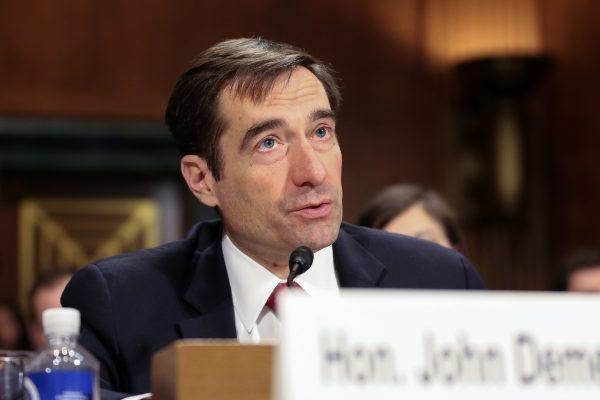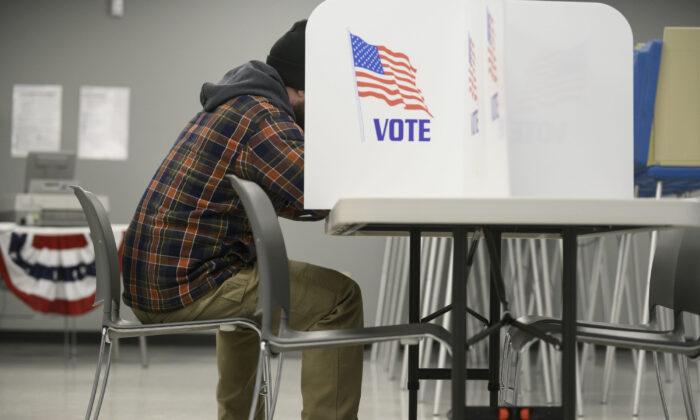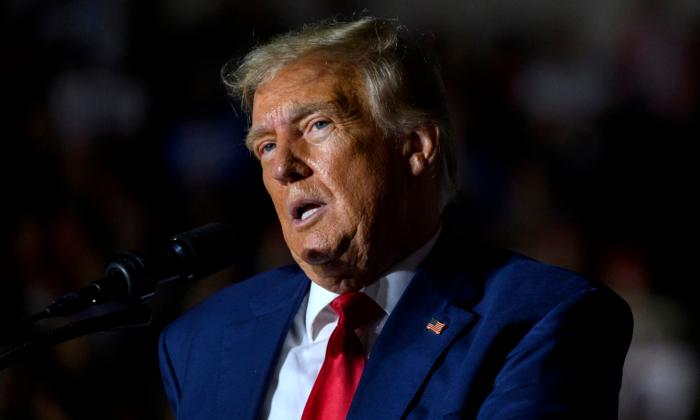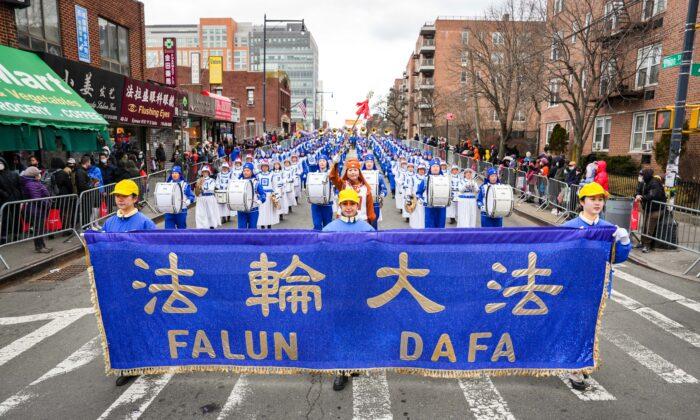As the United States heads toward election season later this year, the threat of Russian interference isn’t the only concern that looms large.
The Chinese regime’s political interference operations are increasingly drawing scrutiny from the U.S. government.
With federal authorities on high alert after the much-publicized Russian disinformation campaign during the 2016 elections, they have also expanded their dragnet to target other malign actors, including the Chinese regime.
Seven federal agencies dealing with homeland security last November warned that “our adversaries want to undermine our democratic institutions, influence public sentiment, and affect government policies.
While Russian interference has largely taken place in the cyber arena, such as social media campaigns and email hacking, Chinese activities take on a different color.
U.S. Assistant Attorney General for National Security John Demers said at a homeland security event in Washington last week that “on the Chinese side ... we haven’t seen that kind of activity [email hacking].
“But we are worried about what I'd call more foreign influence activities,” he said.

Foreign Influence
The Chinese regime’s foreign influence activities were described by former Australian Prime Minister Malcolm Turnbull as “covert, coercive, and corrupting.”For instance, “Stop talking about Hong Kong. Stop talking about the Uyghurs. Stop interfering with our desire one day to control Taiwan,” he said. China considers Taiwan part of its territory despite it being a self-ruled democracy with its own currency and military.
Jeff Nyquist, an author and researcher of Chinese and Russian strategy, however, told The Epoch Times that the Chinese regime’s ultimate goal is far more expansive.
“The Chinese objective is to embed themselves ... inside the West. And it becomes so powerful in their position there, that nobody can say no to them when they want something,” he said.
Beijing seeks to infiltrate the U.S. political and business system, Nyquist said, primarily through wielding economic influence.
Demers cited public examples of Beijing using its economic clout to pressure U.S. companies or people to take stances that don’t offend the regime. This includes the National Basketball Association (NBA) controversy last year over a tweet by Houston Rockets general manager Daryl Morey in support of protesters in Hong Kong, which later led to almost all Chinese sponsors cutting ties with the NBA. For months, Hongkongers have expressed anger at Beijing’s increasing encroachment on the city’s autonomy.
“That [pressure] can also be done much more quietly,” Demers noted.
Follow the Money
Influencing elections is about “influencing the money that goes in behind the election,” Nyquist said.“A lot of politicians know if they go against Chinese interests or American companies that are involved in China, they’re not going to get funded ... The other guy’s going to get funded.”
That study, which was leaked to media and ultimately shelved by the Canadian Security Intelligence Service, found that the Chinese regime sought to gain control of key industries in the country, particularly real estate, through organized crime networks, and, in turn, leverage that economic clout to influence the political system.
“You have natural systems of lobbyists within countries [such as] Canada [and] ... the United States,” Nyquist said.
“If you can become part of that lobby, gain a voice within that lobby, and send agents of influence into it, you can then use that powerful lobby” to influence politicians and political parties, he said.
This influence extends to having a say on which candidates are selected to run for election, he said.
Comprehensive Campaign
A 2018 Hoover Institution report, written with the input of prominent China experts, comprehensively examined the Chinese regime’s influence activities throughout sectors of U.S. society—from companies, think tanks, and universities, to state, local, and national government bodies.“The ambition of Chinese activity, in terms of the breadth, depth of investment of financial resources, and intensity, requires far greater scrutiny than it has been getting, because China is intervening more resourcefully and forcefully across a wider range of sectors than Russia,” the report found.
“In American federal and state politics, China seeks to identify and cultivate rising politicians.”
Beijing’s approach focuses on cultivating relationships with individuals, and this is often combined with espionage operations.
“It is person-to-person relationships that carry the weight of Chinese information operations. Working on these personal ties, the Chinese authorities focus on facilitating meetings and contacts that may or may not result in opportunities to influence foreign targets,” the report stated.
In some instances, the regime has also “used private citizens and/or companies to exploit loopholes in U.S. regulations that prohibit direct foreign contributions to elections,” it said.
In November 2019, the Federal Election Commission issued almost $1 million in fines over illegal foreign donations to Jeb Bush’s 2016 presidential campaign. American Pacific International Capital, a U.S. subsidiary of a corporation owned by a Chinese national, had contributed $1.3 million to Bush’s super political action committee, Right to Rise.
In response to Chinese influence attempts across society, the report advocates a policy of “constructive vigilance.”
“Sunshine is the best disinfectant against any manipulation of American entities by outside actors and we should shine as much light as possible on Chinese influence seeking over organizations and individuals,” it said.





